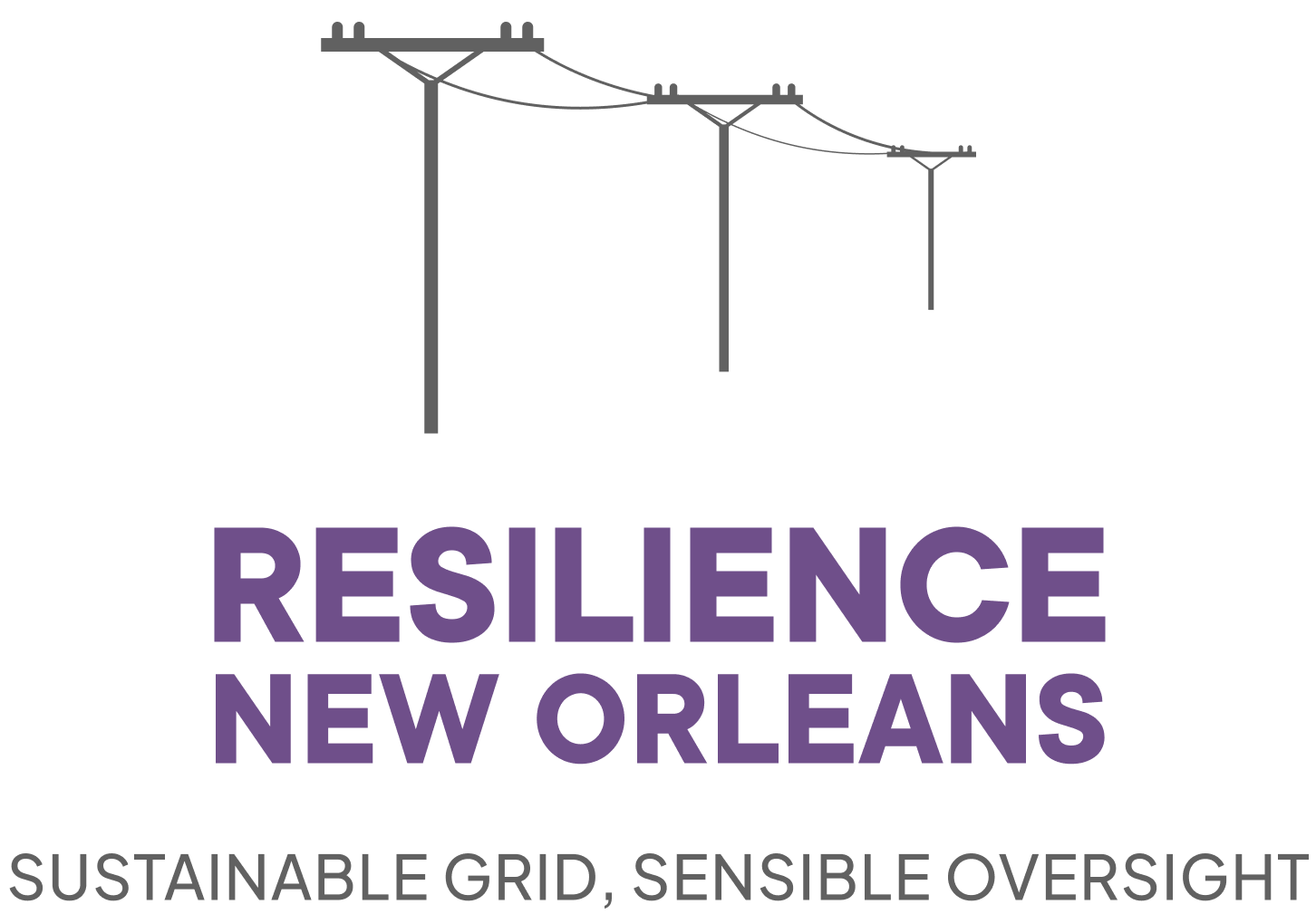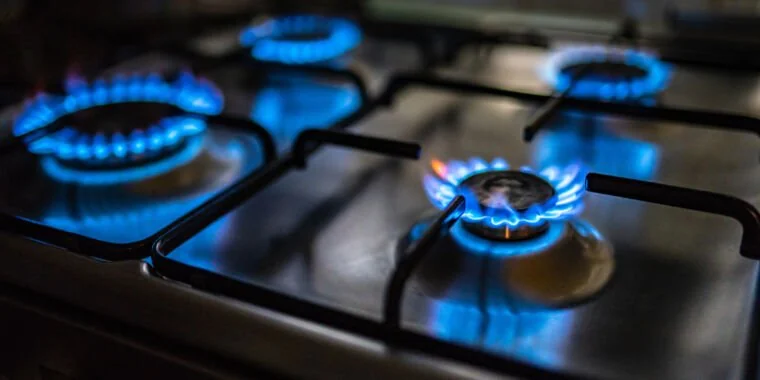New Orleans is a diverse city, a cultural gem of the United States, and we grapple with the reality of environmental challenges of living on an eroding coast with the legacy of historic infrastructure. We need to upgrade our systems to be in line with modern requirements, but we also have a responsibility to our past. The most recent struggle is over natural gas.
In May, the Alliance for Affordable Energy filed testimony with the City Council rejecting the sale of Entergy’s gas operation and recommended three alternatives that all ended in a total ban of natural gas by December 31, 2035. So, it was a little confusing when those same voices calling for a total elimination on natural gas are now opposing Entergy’s proposed sale of their gas operations to Bernhard Capital, over their concerns about protecting vulnerable communities’ access to natural gas (which should also be banned???).
Should gas be banned completely or not? This dissonance from the Alliance and their allies highlights the tension between advocating for public utility management and the practical considerations of regulating private entities to safeguard vulnerable populations.
Pushing A Natural Gas Ban
Proponents of a total ban on natural gas in New Orleans argued that transitioning away from natural gas is essential for environmental sustainability and reducing the city’s carbon footprint. Reducing society’s reliance on fossil fuels is essential to limiting greenhouse gas emissions, a critical step in combating climate change.
Resilience New Orleans’ opposition to a natural gas ban is based on the economic impact it would have on the households and the businesses that are reliant on natural gas for heating and cooking. The infrastructure changes required for such a transition will be costly and time-consuming. Ensuring that low-income communities are not disproportionately affected by a ban is a paramount concern, necessitating robust support programs to aid in the transition.
Cooking with Gas
That old chestnut, “Cooking with gas” has come to mean performing very effectively or efficiently, often with a sense of enthusiasm or high productivity. People in New Orleans—regardless of their political or environmental viewpoints—are unreasonably attached to their gas stoves. I switched to an electric stove because I agree that climate change is a problem, and we all need to do our part to limit emissions. But it was hard and I burned a lot of dishes before I got used to electric’s agonizingly slow response time.
I chose electric, it was not forced on me. I had to buy a new oven anyway and I went with electric. The Alliance rightly points out that many low-income people use gas for heating and cooking and it will be expensive to switch over. A ban on natural gas will be a hardship for New Orleans residents and restaurants.
Entergy’s Gas Sale
Opponents fear that the sale to a private equity firm automatically means that jobs, service, and maintenance of the gas service will plummet. This is a little confusing, because now we have long time critics of Entergy, arguing in favor of Entergy and that they are actually a good utility offering good gas service. Historically, private equity firms have been scrutinized for their focus on financial returns, often at the expense of customer service and affordability. Rather, the Council will need to put strong controls in place to ensure that Bernhard Capital maintains and or even enhances programs to support low-income customers.
The Path Forward is Electrification
Navigating these complex issues requires a multifaceted approach. A ban on natural gas is unrealistic and places undue burdens on low income residents. Concurrently, the sale of Entergy’s natural gas business to Bernhard Capital opens doors for our electric utility to add electrification to its energy efficiency program. Then, people can choose to switch over to electric and it will be more affordable to do so. In other words, blocking Entergy’s proposal to sell their natural gas business only delays a realistic and affordable long-term transition to electricity for most of New Orleans.

